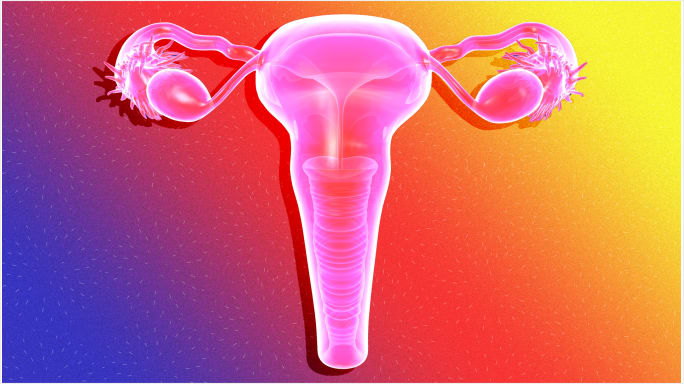I’ve had vaginal bleeding for months now and I’ve gone to the doctor twice now. They keep saying that’s it’s because of my birth control implant and that it’ll resolve itself, but I’m getting tired of this and I have practically no energy anymore. It’s there anything I can do about this?
When you bleed irregularly month after month, it can really be disruptive both physically and mentally! It sounds like you have either Implanon or Nexplanon, which are the two birth control implants (the size of match-sticks) inserted under the skin of the upper arm. The wonderful thing about the birth control implant is it protects you from getting pregnant for three years without having to ingest a pill every day. There is a slow release of the hormone, progestin, which keeps the eggs from leaving the ovaries and makes the cervical mucus thicker so the sperm cannot reach the egg. The birth control implant is fantastic as contraception with a less than 1% pregnancy rate.
The most common side effect of the birth control implant is irregular bleeding during the first year after being placed. The majority of women using this method will have lighter, less frequent periods and some may not have a period at all. A small number of women will have longer and heavier periods, which can be disruptive and annoying. If you start to feel weak or dizzy and have constant bleeding, you should contact your health care provider to make sure you are not anemic or having an unusual reaction to the implant. Some may need to have the birth control implants removed within the first year if bleeding becomes uncontrollable. Your health care professional is the person you need to count on to guide you through this confusion. If you are not feeling satisfied with what you’re being told, then get a second opinion.
Other less common side effects include nausea, headaches, breast tenderness, weight gain, decrease in sex drive, pain at the insertion site, and discoloration or scarring of the skin over the implant.
One important thing to know is the birth control implant works great in preventing pregnancy but has no protection against sexually transmitted infections (STIs)…remember, have your partner wear a condom so you are not at an increased risk for STIs!
Cover image courtesy of Shutterstock.





comments